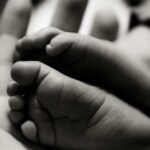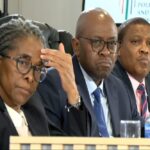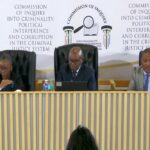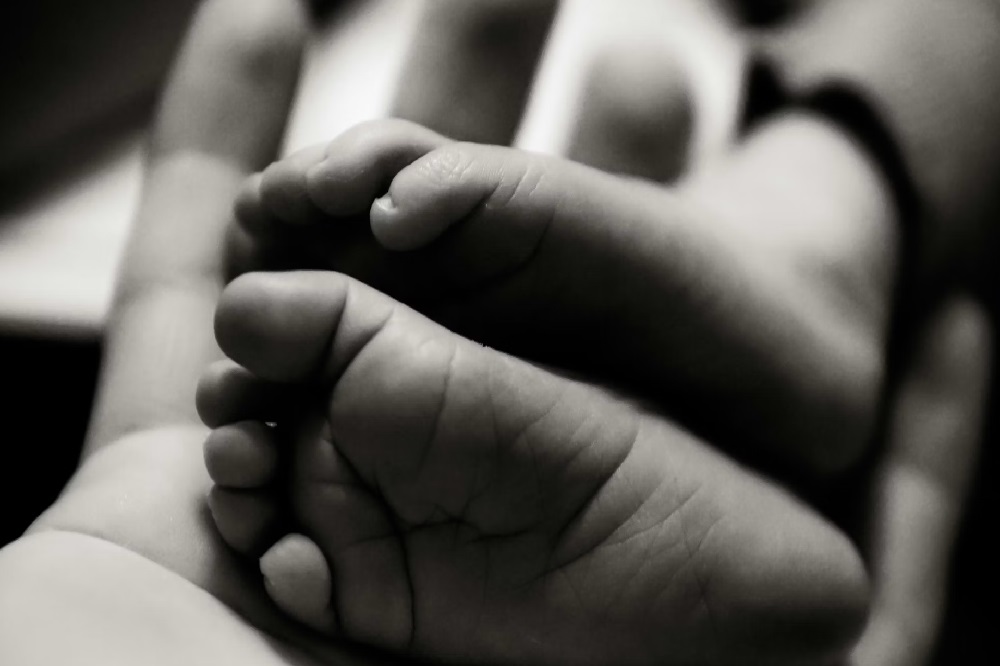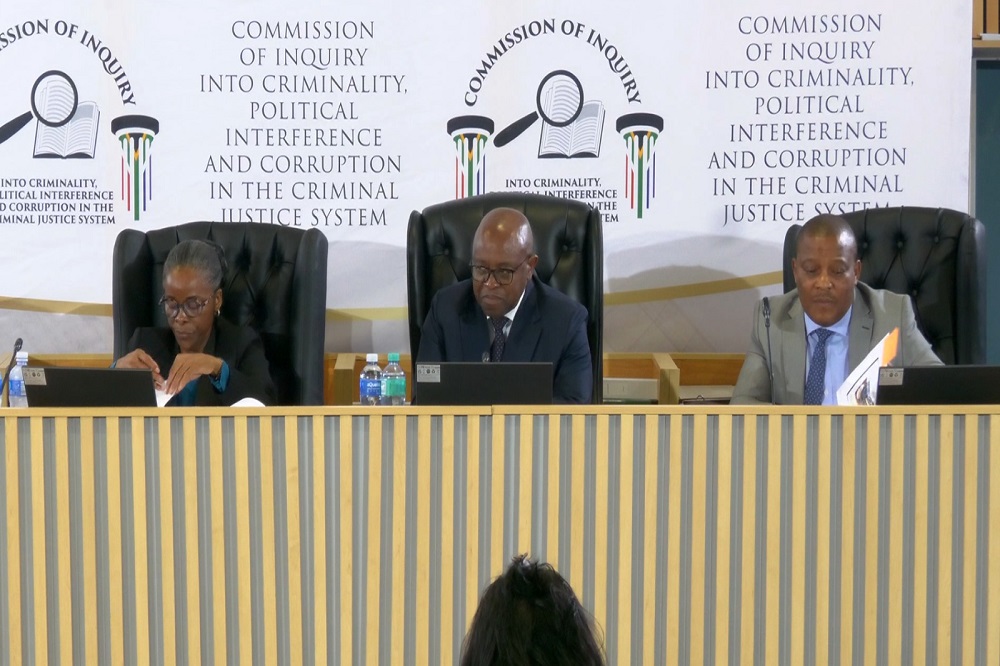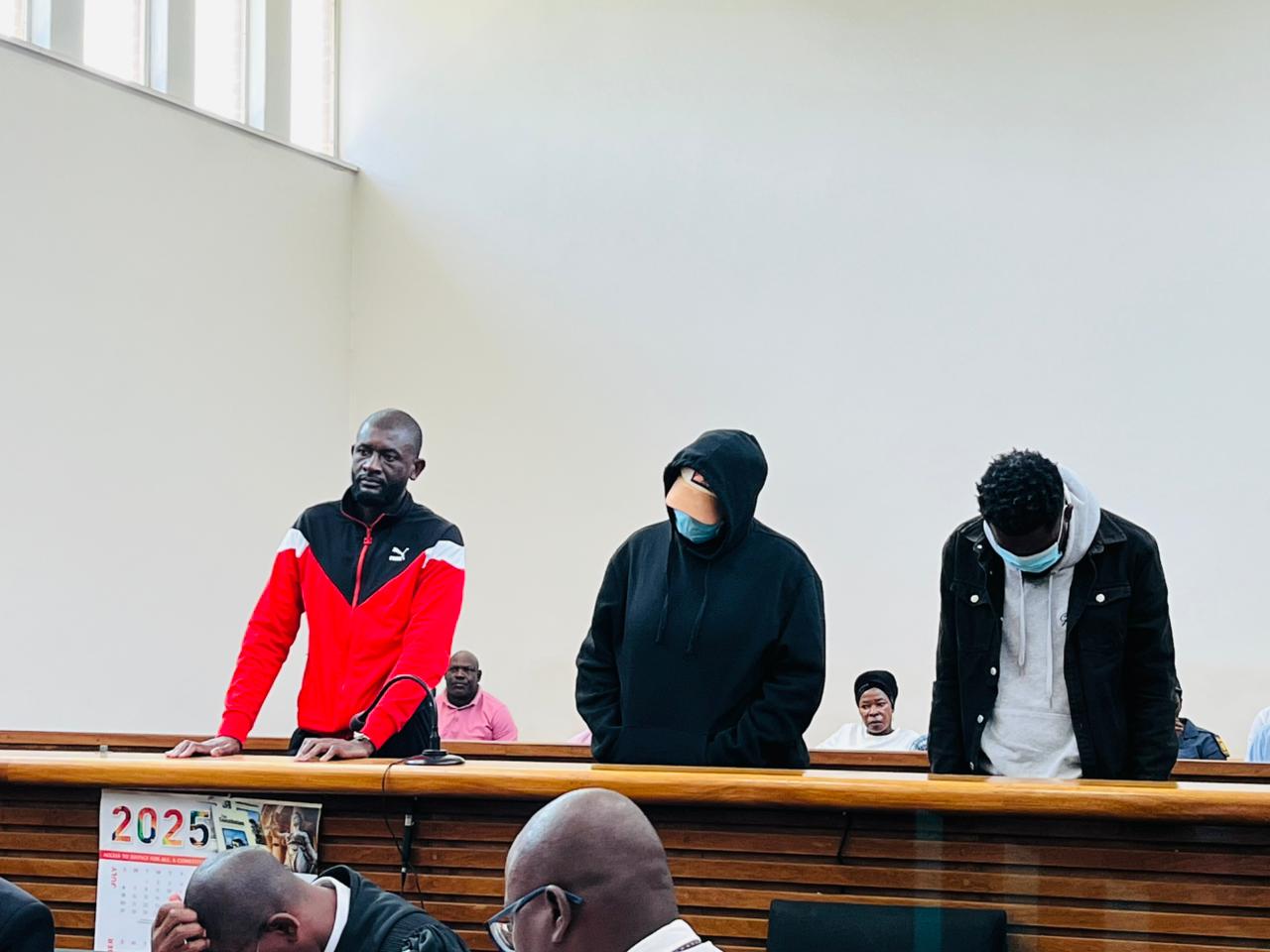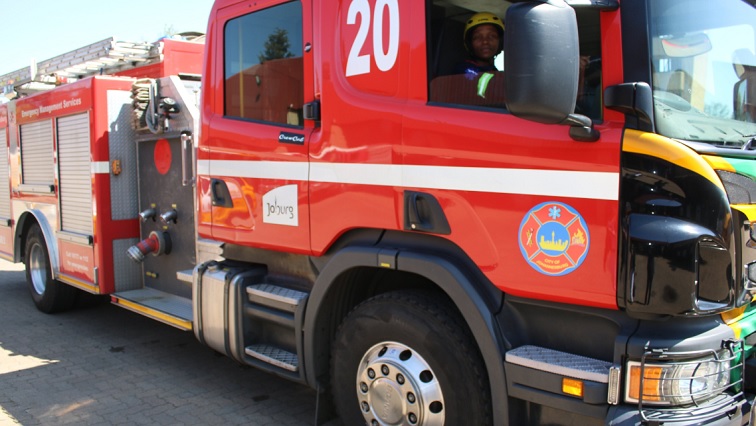On 8 May 1925, Afrikaans became South Africa’s second official language alongside English, replacing Dutch, which had been one of the two official languages in the then-Union of South Africa.
2025 marks the centenary of Afrikaans’ elevated status. However, the language’s origins trace back much further than these 100 years.
Afrikaans is a creole language with deep historical roots.
Foundation for the Empowerment Through Afrikaans’ Prof. Michael le Cordeur explains, “In most of the southern point of Africa, East and West came together. Through their interactions, people communicating to survive, a new language emerged. That language, born in Africa for the people of Africa, became Afrikaans. In fact, Afrikaans is the only language named after a continent – Africa. Yes, our language is of Africa and for Africa.”
At the Afrikaans Language Monument in Paarl, the three continents that were pivotal to its origins are depicted.
A language arising from the pain and suffering of slavery, the displacement of indigenous people by European seafarers and traders who later became colonialists.
It was born out of necessity, ingenuity and perseverance.
Literary expert Prof. Hein Willemse says, “The importance of the indigenous and the influences of enslaved people on Afrikaans, have been minimised, but I think over the last 50 years or so, there’s greater recognition among linguists and language historians that indigenous people and enslaved people played a major role in developing what we today know as Afrikaans. that happened at the number of levels, whether that was in connection with pronunciation or simplification of the language, or the structure of the language. It has happened throughout the development of the language, and today we have a greater recognition of that.”
Willemse says the origin of the spoken language dates as far back as the latter part of the 1500s.
The first written Afrikaans can be found in the early 1800s and was penned by Islamic scholars.
“The first Afrikaans writings or the first Cape Dutch Afrikaans writings, that we could recognise as something called Afrikaans, for instance, those writings were in Arabic Afrikaans, that was Cape Dutch, written in Arabic autography. And today, that is generally recognised. And it was written, it was written up in the Cape Madrassas, the Cape religious schools. I think that played a major role in the development of us today, of recognising that importance, recognising the history of Afrikaans as a varied one. The same happened in the same happened in genadenal, where the development of Afrikaans also took place within the church and the religious environment. In this case, in the Moravian church.
Here in the vibrant Bo-Kaap, much of the groundwork of Afrikaans was done. The importance of Islam in the establishment of a written language cannot be underestimated, and despite the misuse of the language as a tool of oppression, there is a resurgence of pride over the role played here in Bo-Kaap.
Afrikaans marks 100 years as the official language
Research by people like Achmat Davids unearthed this history.
Mohammad Groenewald of the Boorhaanol Islamic Movement explains: “Look, the Bo-Kaap takes pride in being the birthplace of Afrikaans – just as it is the cradle of Islam in South Africa. This is where the first Majid stood, the first madrassas were established, and the first formal Friday congregational prayers were held.”
Groenewald stresses that one cannot selectively celebrate only parts of our history; we must embrace it collectively. “Now the fact that we are proud of our history, we can’t just be proud of a certain sector of history, and be proud of the collective history and Afrikaans is part of that history of our people, and the creativity that was applied of our forefathers, you know, those years, to really show you the type of depth and intellectual ability that they had.”
“Afrikaans is woven into our people’s story, a testament to the creativity and intellectual depth of our forefathers. Their ingenuity during those years still speaks to us today,” he adds.
Today, Afrikaans is bursting at the seams with creative arts leading the way in the expression of the language.
UWC’s Department of Afrikaans and Dutch’s Dr Annie Klopper says, “I think the best thing we can do for Afrikaans is to embrace it, in it’s colourfulness and diversity to not try and box it in and to speak it like it wants to be spoken, especially with our children, to tell them stories in afrikaans, to sing in Afrikaans, to rhyme in Afrikaans, to make films in Afrikaans, but also to tell jokes in Afrikaans. And then the language will be perfect.”
Afrikaans celebrates 100 years today: Danielle Wass shares more

